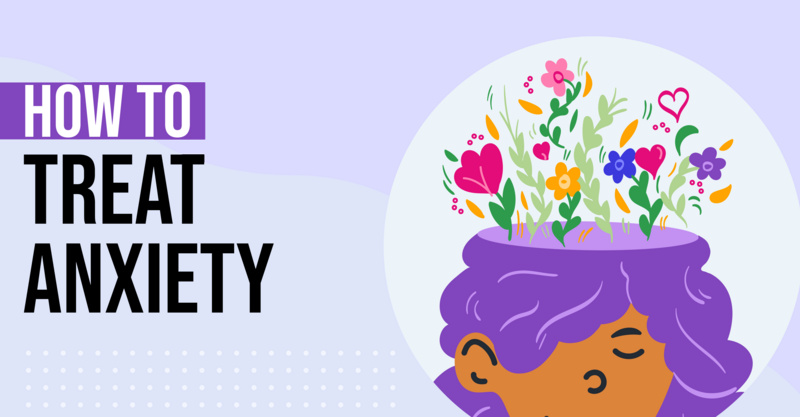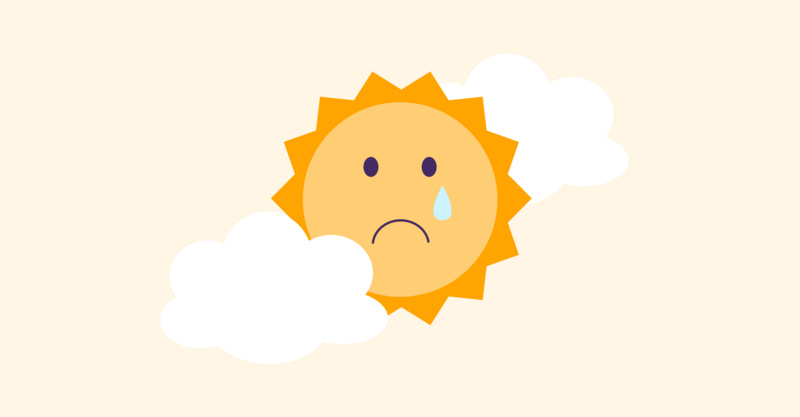Key Points
- The article identifies six major causes of appetite loss: certain medications, cancer or its treatments, infections, endocrine and metabolic disorders, gastrointestinal disorders, and psychiatric disorders.
- Medications like stimulants, antibiotics, and blood pressure drugs can suppress appetite.
- Minor viral infections can temporarily affect appetite, but it usually returns once the infection clears.
- Disorders affecting the endocrine system, metabolism, or the gastrointestinal system, including Celiac disease, ulcers, and GERD can cause appetite loss.
- Psychiatric disorders such as anxiety, depression, and eating disorders can also impact appetite, as can other health conditions like pregnancy, headaches, malnutrition, cognitive disorders, organ failure, and drug or alcohol abuse.
Top 6 Loss of Appetite Causes
1. Medications
Many prescription medications can affect your appetite. Some stimulants, antibiotics, blood pressure medications, or even over the counter cold medicine can suppress your appetite.[1] If you lose your appetite after starting a new medication, notify your doctor.
2. Cancer or Cancer Treatment
See your doctor if your loss of appetite is accompanied by symptoms such as unexplained weight loss, swollen glands, or chronic fatigue. These symptoms can be signs of cancer.[2] Some cancer treatments, like chemotherapy, can cause severe nausea or vomiting.[3] Patients undergoing cancer treatment might struggle with a poor appetite or find it difficult to maintain a healthy diet. If you lose your appetite due to cancer treatment, ask your doctor for advice on managing these symptoms.
3. Infections
Minor viral infections, like a cold or the flu, can temporarily affect your appetite.[4] You usually regain your appetite as your infection clears up. Most minor infections resolve without treatment, but some infections need prescription medication. See a doctor if your symptoms persist for more than a week. If your symptoms include a fever over 104 degrees F, disorientation, rapid pulse, or difficulty breathing, get medical help right away. These symptoms could indicate a life-threatening infection.[5]
4. Endocrine and Metabolic Disorders
Disorders affecting your endocrine system or metabolism can sometimes cause you to lose your appetite. If you have a metabolic disorder, you may also experience fatigue, changes in weight, abdominal pain, or heart problems.[6] These disorders are often treatable but might require medication.
5. Gastrointestinal Disorders
A variety of gastrointestinal disorders can affect your appetite. Gastrointestinal issues like Celiac disease, ulcers, and gastroesophageal reflux disease (GERD) can cause a lack of appetite. Parasitic infections, food poisoning, or a stomach virus can also cause you to lose your appetite.[7] These conditions sometimes require medication. See a doctor if your loss of appetite accompanies symptoms such as stomach cramps, heartburn, nausea or vomiting.
6. Psychiatric Disorders
A lack of appetite is often linked with mental illnesses like anxiety or depression. Individuals suffering from trauma or grief might not feel like eating. Eating disorders such as anorexia nervosa can also affect your appetite and weight. In extreme cases, mental illness can cause dangerous weight loss or malnutrition.[8] If temporary feelings of sadness or stress affect your appetite, your symptoms might resolve on their own. But sometimes loss of appetite can be a sign of a serious mental health concern. Psychiatric disorders often require special treatment from a therapist or psychiatrist. Be sure to speak to a doctor if you struggle with ongoing feelings of sadness, anxiety, or grief.
Possible Health Conditions Related to Loss of Appetite
1. Pregnancy
Many pregnant women lose their appetite in the early months of pregnancy. Morning sickness can make you feel nauseated and may even cause vomiting.[9] Some pregnant women also experience an increased sensitivity to odors, which can affect their appetite. Heartburn is also common during pregnancy and can affect your appetite. If you’re pregnant and struggling with a poor appetite, discuss your symptoms with your OBGYN.
2. Headaches
Tension headaches and migraines can make you feel achy and exhausted. Severe headaches can sometimes affect your appetite or sense of smell. If your pain is severe, you might even experience nausea or vomiting.[10] If you suspect that headaches are affecting your appetite, ask your doctor for advice.
3. Malnutrition
If your loss of appetite keeps you from eating a balanced diet, you could develop some form of malnutrition. Malnutrition occurs when your body doesn’t get enough of certain vital nutrients.[11] Temporary changes in appetite due to a cold or mild stomach virus usually aren’t enough to cause malnutrition. However, a lack of appetite that persists for weeks or months can be dangerous. If you struggle with a health issue that affects your appetite, your doctor might need to order special tests to check for vitamin or mineral deficiencies.
4. Cognitive Disorders
Cognitive and psychiatric disorders are often linked to a lack of appetite. While these disorders can affect your appetite, a lack of appetite and malnutrition can also affect cognitive function.[11] Certain nutritional deficiencies can cause symptoms of depression, anxiety, or impaired cognitive function.[12] Cognitive disorders like dementia may also affect your appetite. Individuals with these disorders might be at a higher risk of health complications. If you are the caregiver for an elderly or disabled person, notify their doctor of any changes in their appetite.
5. Organ Failure
Patients experiencing failure of the heart, kidneys, or liver may lose their appetite. Loss of appetite is a common symptom of end-stage organ failure.[13] Long-term malnutrition may also damage your organs. These are serious medical issues that require urgent attention. Get medical help right away if you’re concerned about possible organ failure.
6. Drug or Alcohol Abuse
Many people who struggle with drug or alcohol abuse have a poor appetite. A poor diet or nutritional-absorption issues caused by substance abuse can also lead to malnutrition.[14] These issues should be taken seriously. Drug and alcohol abuse can sometimes lead to life-threatening health problems. With proper treatment, many people can recover from their addiction. If you believe that your loss of appetite might be due to drug or alcohol dependency, seek support from a medical professional.
Questions Your Doctor May Ask About Loss of Appetite
- How long have you been experiencing a loss of appetite?
- Do your symptoms interfere with your usual eating patterns?
- How often do you eat during the day?
- Are certain foods particularly appealing/unappealing?
- How do you feel after eating?
- Do you experience any other gastrointestinal symptoms?
- Have you recently lost weight?
- Have you experienced vomiting?
Loss of Appetite May Also Be Known as
- Anorexia
- Decreased appetite
- Poor appetite
Frequently asked questions
What are the top causes of loss of appetite?
The main causes are certain medications, cancer or its treatments, infections, endocrine and metabolic disorders, gastrointestinal disorders, and psychiatric disorders.Can medications affect my appetite?
Yes, some medications like stimulants, antibiotics, and blood pressure drugs can suppress your appetite.Can minor infections like a cold or flu affect my appetite?
Yes, minor viral infections can temporarily affect your appetite, but it usually returns once the infection clears up.How do endocrine and metabolic disorders affect appetite?
Disorders that affect the endocrine system or metabolism can cause a loss of appetite.Can gastrointestinal disorders cause loss of appetite?
Yes, gastrointestinal disorders like Celiac disease, ulcers, and GERD can lead to appetite loss.Do psychiatric disorders affect appetite?
Yes, psychiatric disorders such as anxiety, depression, and eating disorders can impact your appetite.Can other health conditions cause appetite loss?
Yes, other conditions like pregnancy, headaches, malnutrition, cognitive disorders, organ failure, and drug or alcohol abuse can also affect your appetite.What questions might a doctor ask about my loss of appetite?
A doctor may ask about the duration and severity of your appetite loss, any associated symptoms, your medical history, and any medications you're taking.
Solv has strict sourcing guidelines and relies on peer-reviewed studies, academic research institutions, and medical associations. We avoid using tertiary references.









